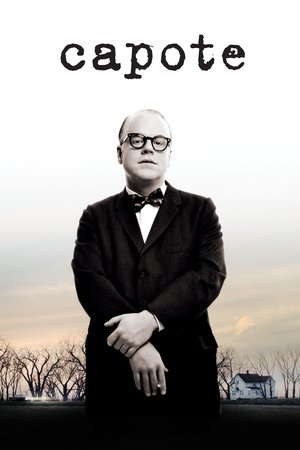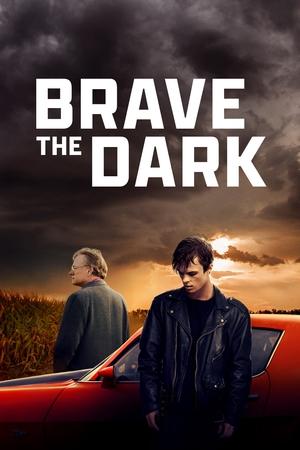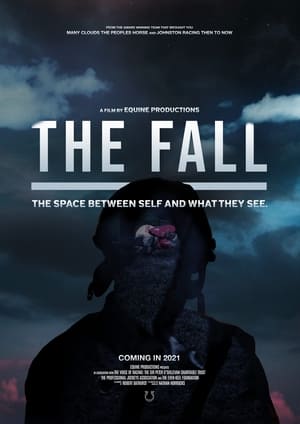Overview
Well-educated, New Hampshire mother, Linda Bishop, was determined to stay free of the mental health system after her early release from a 3 year commitment to New Hampshire State Hospital. Instead, she became a prisoner of her own mind, a fate which she documents in one of the most evocative and chilling accounts of mental illness and of our systemic failure to protect those suffering from it.
Reviews
This slow burn documentary about a homeless woman with mental illness hit close to home in more than one scene.
In the cold New Hampshire countryside, a man looking in the windows of a large empty farm house for sale by a distant owner makes a startling discovery- the body of a woman in the living room. An investigation reveals the woman's name, and a journal detailing her four weeks in the house subsisting on apples and water from a nearby brook. The film makers then delve into the life of this Linda Bishop, exploring her relatives, mental illness, and inability to get help before it was too late.
With Lori Singer reading Bishop's entries from her journal, and the film maker's access to the empty house that Bishop died in (including the actual items she was using during her lonely stay), this should have hit as hard as "Dear Zachary" or "Streetwise," two other documentaries that dealt with life, death, and mental illness. Linda's story is a sad one, the pain she unknowingly inflicted on friends and family members is still raw. Some might see her daughter as cold and aloof, loving her mother but hating the illness she's labeled as "Linda Bishop," but speaking from the standpoint of a child who grew up in a household ravaged by mental illness, I could totally relate to her needing to cut ties to her mother.
The revelation about Linda's husband Steve doesn't have the impact I think the film makers were going for, and there is a lull in the middle of the documentary. The state mental health department is blamed for Linda's downfall, but for every story about a state facility releasing someone before they were truly ready, another could be made about someone who was being held against their will. You can't make anyone take their medications so Linda also bears some responsibility for her own actions, and in the end, her own death (she was literally across the street from other homes where she could have found help if she had chose to take it).
"God Knows Where I Am" is a sad film, not angry, and it's sobering to think that this goes on a thousandfold across the country. Bishop's family was lucky to get her story told. (* * * *) out of five stars.
Rated (TV-PG), and contains some adult situations

 97 min
97 min
 6.4
6.4
 2016
2016
 USA
USA
 tmdb76622195 wrote:
tmdb76622195 wrote:


















